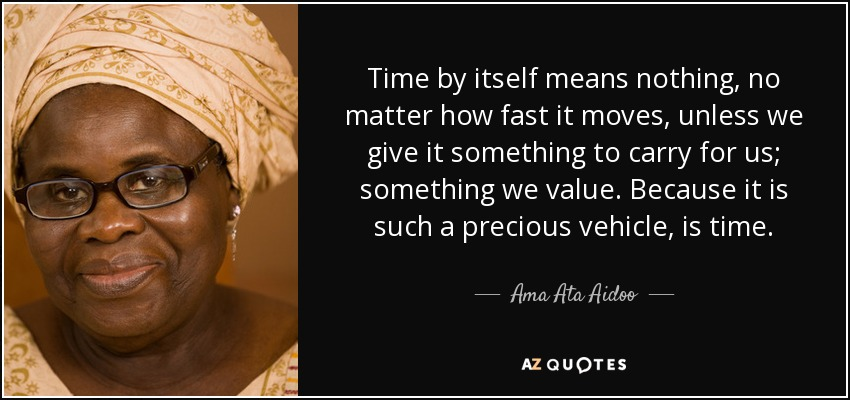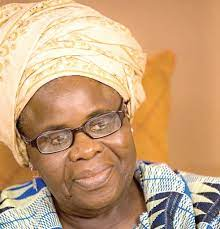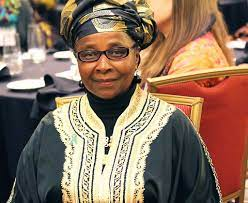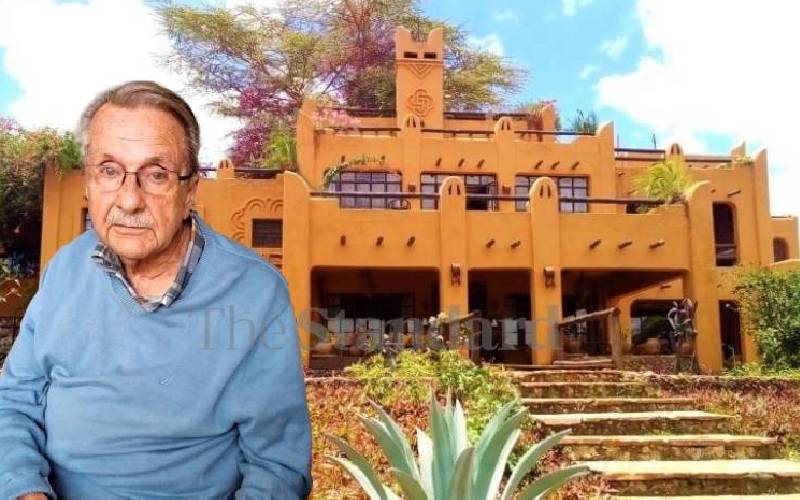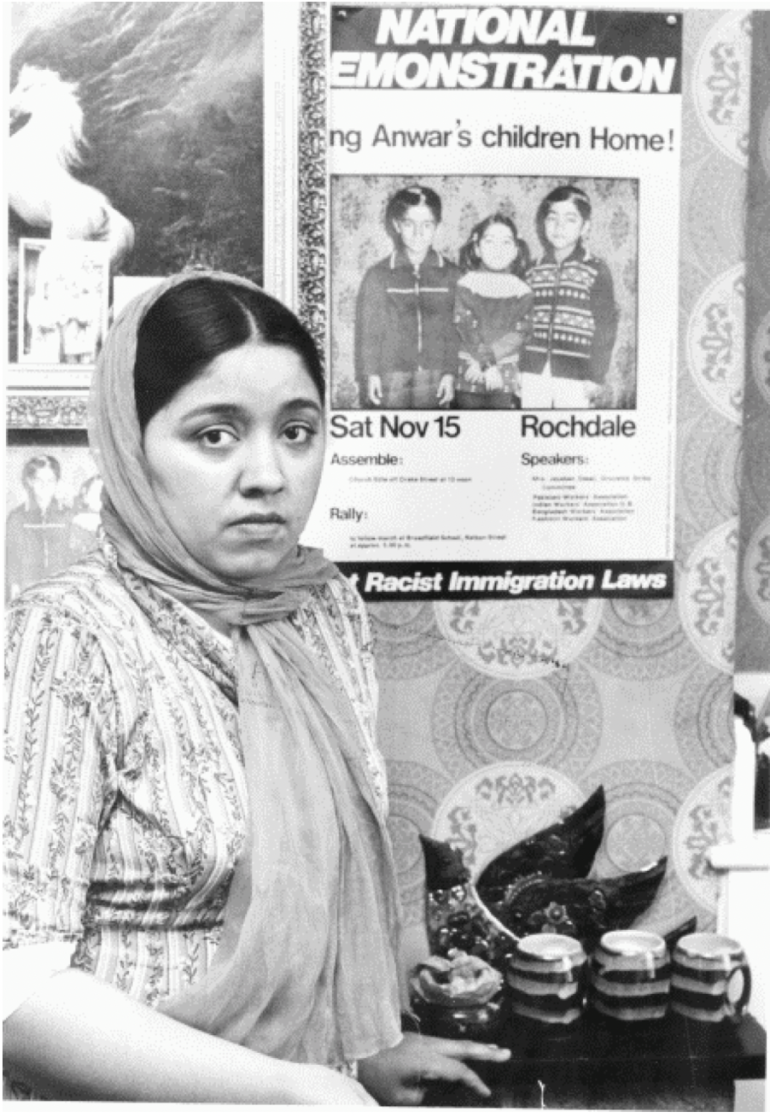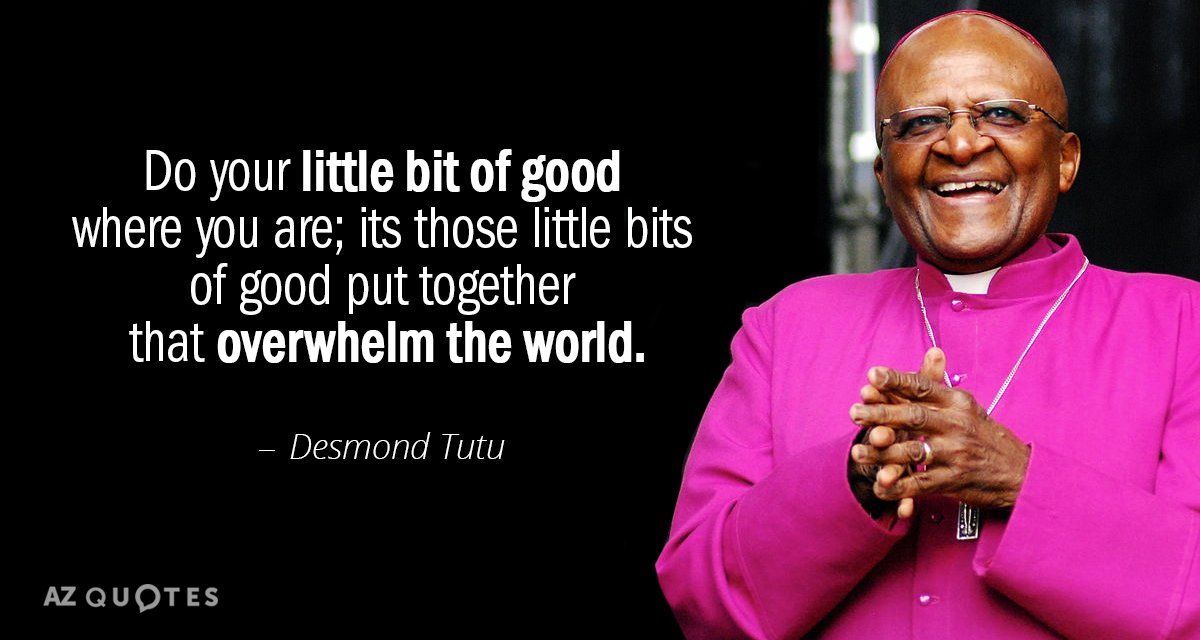In the last few weeks, the Afrikan continent, and the world as a whole, has lost two of its great souls; Ama Ata Aidoo (23 March 1942 – 31 May 2023) and Micere Githae Mugo (12 December 1942 – 30 June 2023). They were long-time friends, colleagues, age mates and, indeed, sisters, and it is poetic that they both passed within 1 month of each other. We dedicate this post to their lives, their impact and their legacies.
Starting with Professor Ama Ata Aidoo, she was a writer of novels, plays and short stories with more than 15 published books to her name. As well as writing, she was also a strong activist, feminist and pan-Africanist, and she also held the post of Minister for Education for a short period in the early 1980s. Summarising all these aspects of her life’s work, she once famously said, “for us Africans, literature must serve a purpose: to expose, embarrass and fight corruption and authoritarianism. It is understandable why the African artist is utilitarian.”
Please read one or more of the beautiful obituaries written about Mama Ama – here in the Guardian, or here in the Conversation, or here in the Graphic. Another heartfelt tribute that you should not miss was published by the Guardian and is titled Our Feminist Ancestor, written by her friend and fellow writer, Nana Darka Sekyiamah.
Please also have a watch of a clip from an interview with Aidoo on BBC Hard Talk below:
Professor Micere Githae Mugo was also a renowned writer, political activist and academic. Among her work, she wrote, together with Ngugi wa Thiong’o, a celebrated play called “The Trial of Dedan Kimathi”, a response to negative propaganda about the Kenyan freedom struggle hero Dedan Kimathi, who was executed by the British colonial regime in 1957, aged only 36. Coincidentally, Kimathi’s widow, Mukami Kimathi also passed on recently and you can read more about her life here in the East African, as well as a fascinating analysis about the Scramble to own Mau Mau Memory here in the Elephant.
As a result of government harassment, Mugo was stripped of Kenyan citizenship by the Moi regime in the early 1980s, which she only regained in 2009. She was exiled in Zimbabawe and re-found her friend Ama Ata Aidoo there and, after about 10 years, they both moved to the USA but to different parts.
Please read some of the obituaries about Micere Mugo’s life: here in the Nation and here in Capital News and, finally, please take some time to watch a beautiful and revealing tribute to her by Ama Ata Aidoo below:
These two legends will be greatly missed across the continent and beyond; they will be remembered fondly by so many people, for their great writing, their unceasing and determined struggles for equality and social justice, and for their humanity and contributions to the development of the Afrikan continent. We leave you with a powerful quote from Ama Ata Aidoo below:
